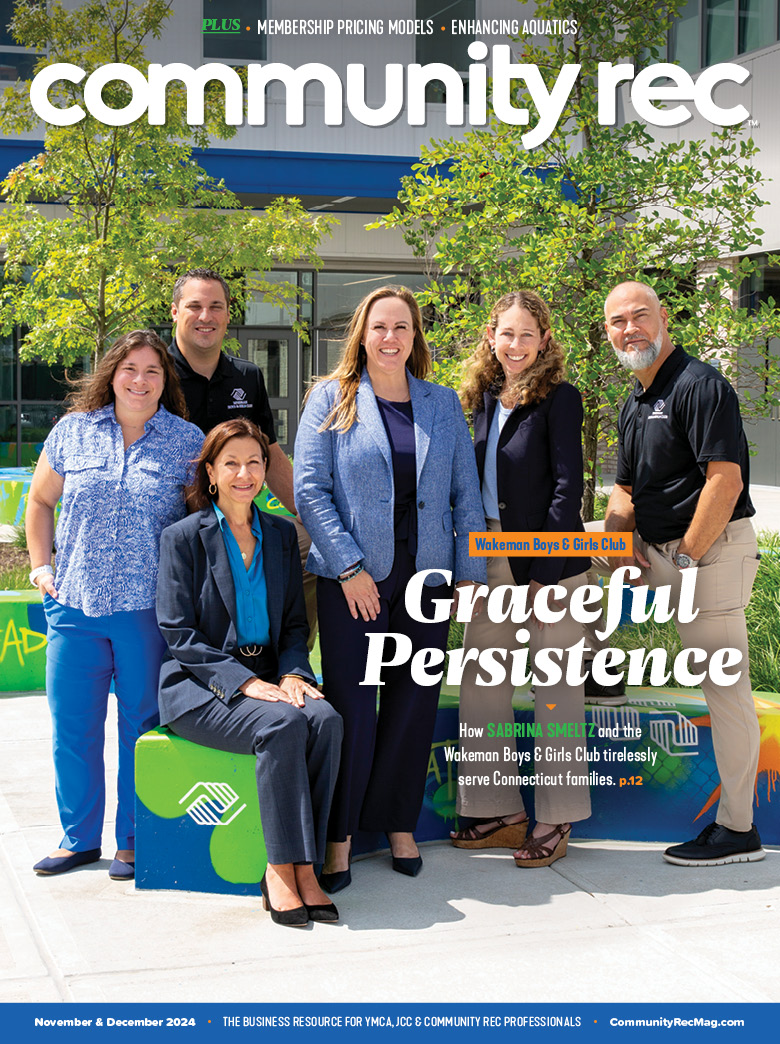In honor of breast cancer awareness month, Community Rec spoke the Peninsula JCC about the “Pink @ the PJCC” program — a workout designed to enhance recovery for breast cancer patients.
Since launching the program in 2011, Pink @ the PJCC has helped over 130 women in the community through personalized exercise programs specific to each individual’s needs during their recovery process. “Women don’t know what they should or could be doing within the parameters once they’ve gone through surgery, so for us to be that conduit to get them back to a healthy place is a very powerful tool,” said Vicki McGrath, a breast cancer exercise specialist at the Peninsula JCC.
After an initial intake of healthy history, measurements to assess fatigue levels, and being cleared for exercise, women are welcomed into the program throughout their entire recovery process. “We can work concurrently with their physical therapy, and they can be going through treatment, or doing radiation or chemotherapy during the time they start working with us — even when they’re going through reconstruction,” elaborated McGrath. “We take a pause in the program, then we pick it back up when they’re ready.”
One of the added benefits of this program is that anyone in the community can partake. Additionally, participants receive a full membership during the time they are in the program. This not only promotes further health and wellness within the community, but also increases the likelihood of attaining new members.
Pink @ the PJCC has also helped forge various relationships with local health care providers and hospital groups in the area, specifically through a partnership with Bay Area Cancer Connections, a breast and ovarian support organization. “We teach classes at their site so we can have the program out in the community,” said McGrath. “We also, with or through them, offer a therapist who comes in during a support group we offer once a month for those newly diagnosed.”
While the program does have a small fee, the PJCC will also raise funds in the community — through pop-up stores, for example — to be able to offer subsidies and scholarships for anyone in the program who cannot afford it. “More than 50% of the women in the program receive some sort of financial assistance,” elaborated McGrath.
Due to the growing success of this program, the PJCC has expanded the number of breast cancer exercise-certified trainers to half of their staff, with three of those trainers being men, so women have a choice of working with either a male or female.
“It really is one of our signature programs in the center,” said McGrath. “It’s unlike any other program we have where you see dramatic outcomes — from someone who is in a rather vulnerable spot — then to have that person feel more empowered.”










